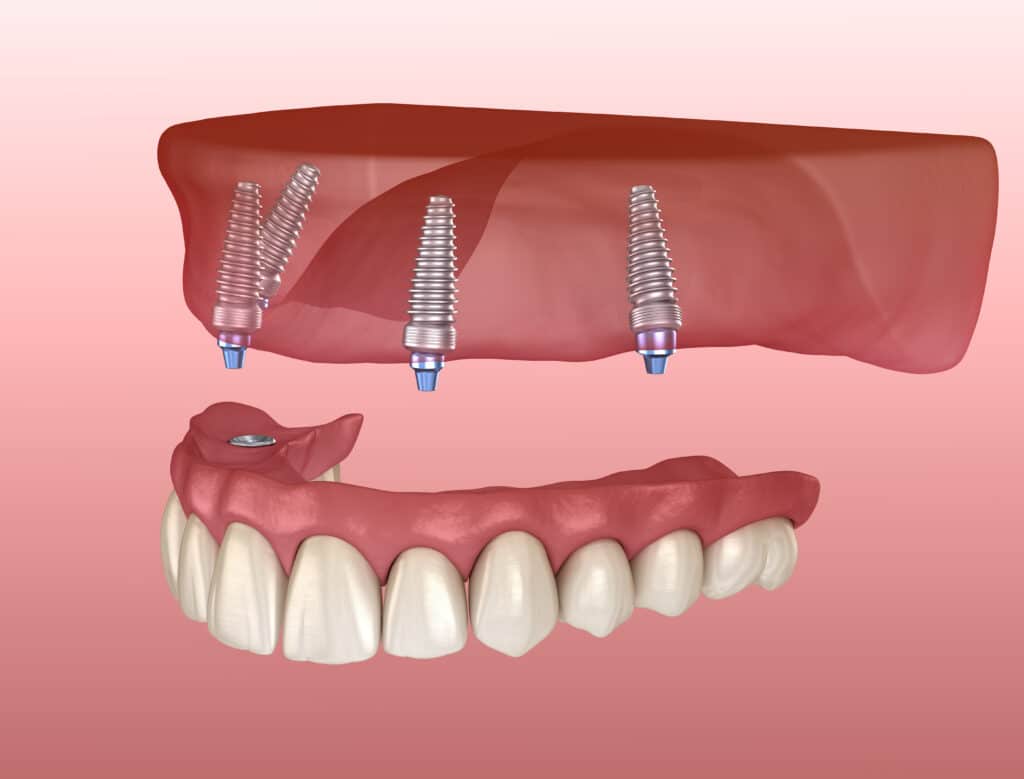
Dental Wellness Guidelines for a Healthy Smile
Maintaining optimal dental wellness is crucial for a healthy smile and overall well-being. Explore the following guidelines to ensure your oral health is in top shape.
Establishing a Consistent Oral Care Routine
The foundation of dental wellness lies in a consistent oral care routine. Brush your teeth at least twice a day using fluoride toothpaste and a soft-bristled toothbrush. Floss daily to remove plaque and debris between teeth. These simple practices go a long way in preventing cavities and gum disease.
Choosing the Right Tools for Oral Care
Selecting the right tools is essential for effective oral care. Choose a toothbrush with soft bristles to avoid damaging tooth enamel and gums. Consider using an electric toothbrush for thorough cleaning. Additionally, incorporate fluoride toothpaste and dental floss that suits your preferences for a comprehensive oral care toolkit.
Prioritizing Proper Brushing Techniques
Proper brushing techniques are crucial for dental wellness. Brush your teeth at a 45-degree angle, using gentle circular motions. Pay attention to all surfaces of your teeth, including the gumline. Spend at least two minutes during each brushing session to ensure thorough cleaning.
Flossing as a Key Component
Flossing is often underestimated but is a key component of dental wellness. It reaches areas between teeth and along the gumline that a toothbrush can’t reach. Make flossing a daily habit to prevent plaque buildup, reduce the risk of gum disease, and promote optimal oral health.
Regular Dental Check-ups and Cleanings
Scheduling regular dental check-ups and cleanings is proactive in dental wellness. Dentists can detect issues early on, such as cavities or gum disease, and provide necessary treatments. Professional cleanings remove tartar buildup, contributing to a healthier oral environment.
Balancing a Nutrient-Rich Diet for Oral Health
Diet plays a significant role in dental wellness. Consume a nutrient-rich diet that includes foods high in calcium, such as dairy products and leafy greens. Limit sugary snacks and beverages, as they contribute to tooth decay. A balanced diet supports overall oral health.
Avoiding Harmful Habits for Dental Health
Certain habits can harm your dental health. Avoid using your teeth as tools for opening packages or biting on hard objects. Quit smoking, as it contributes to gum disease and tooth discoloration. Being mindful of these habits protects your teeth and preserves your oral health.
Hydration for Saliva Production
Staying hydrated is not only beneficial for overall health but also for dental wellness. Drinking water helps produce saliva, which plays a crucial role in maintaining a healthy mouth. Saliva helps neutralize acids, cleanse the mouth, and prevent tooth decay.
Addressing Teeth Grinding and Clenching
Teeth grinding (bruxism) and jaw clenching can affect dental health. If you notice signs of these habits, such as worn-down teeth or jaw pain, discuss them with your dentist. They may recommend a nightguard or other interventions to prevent further damage.
Educating and Fostering Oral Health in the Family
Instilling good oral care habits in the family is a preventive measure. Educate family members, especially children, about the importance of dental wellness. Make oral hygiene a fun and shared activity, fostering a positive attitude toward maintaining healthy smiles.
In conclusion, dental wellness is attainable through consistent and mindful practices. By establishing a comprehensive oral care routine, choosing the right tools, and prioritizing regular check-ups, you can enjoy a healthy smile for years to come.
For more information on Dental Wellness Guidelines, visit here.




